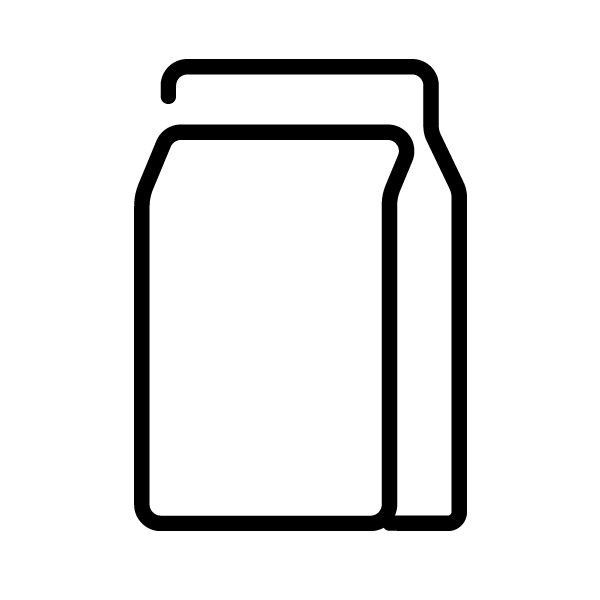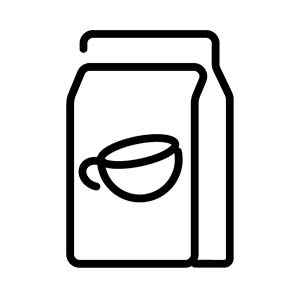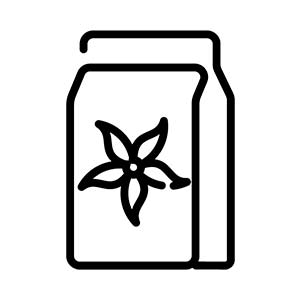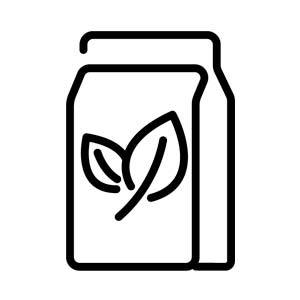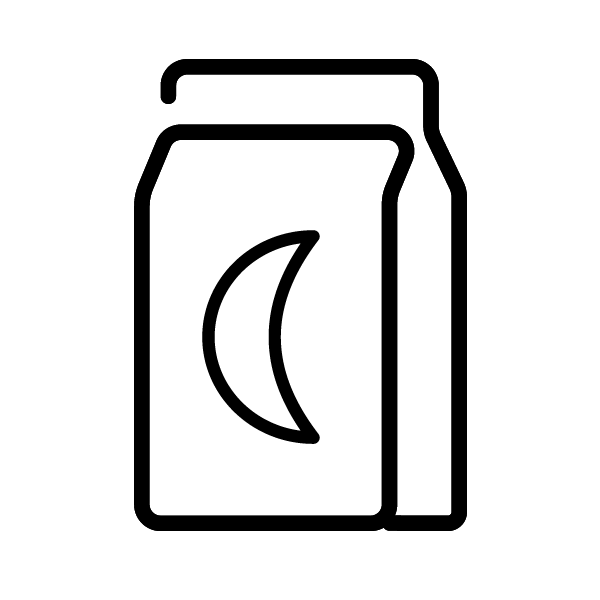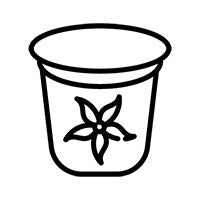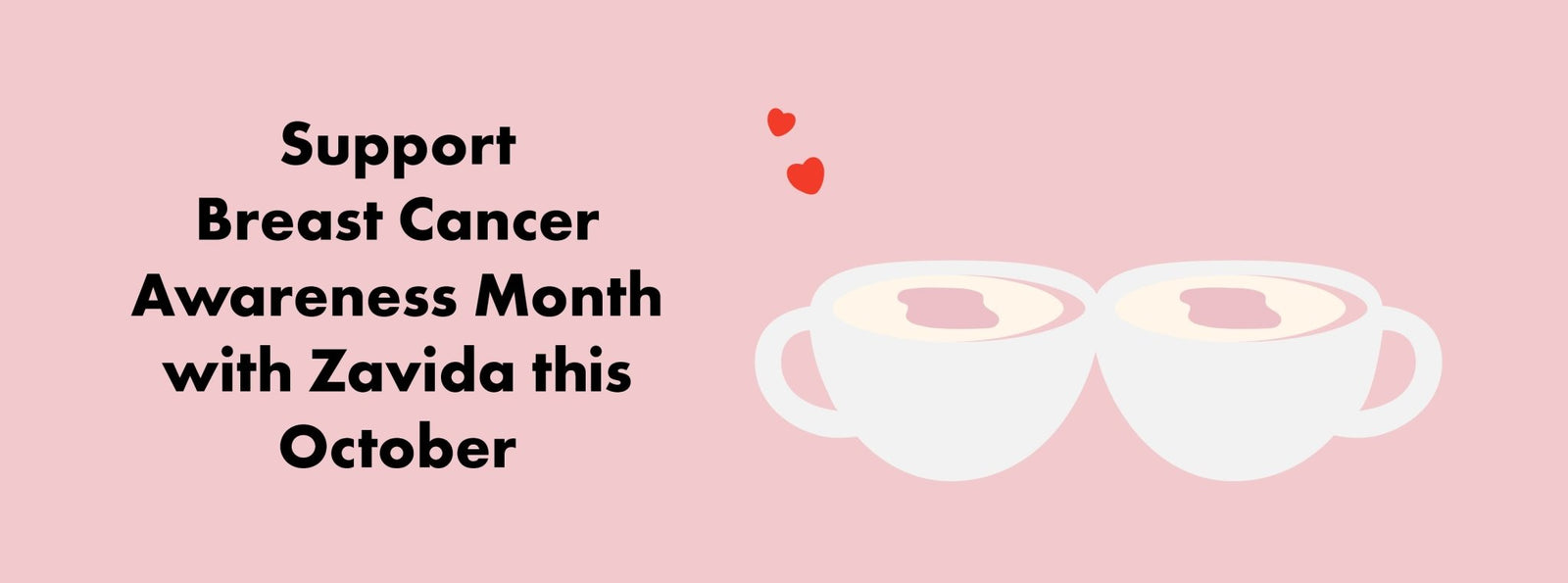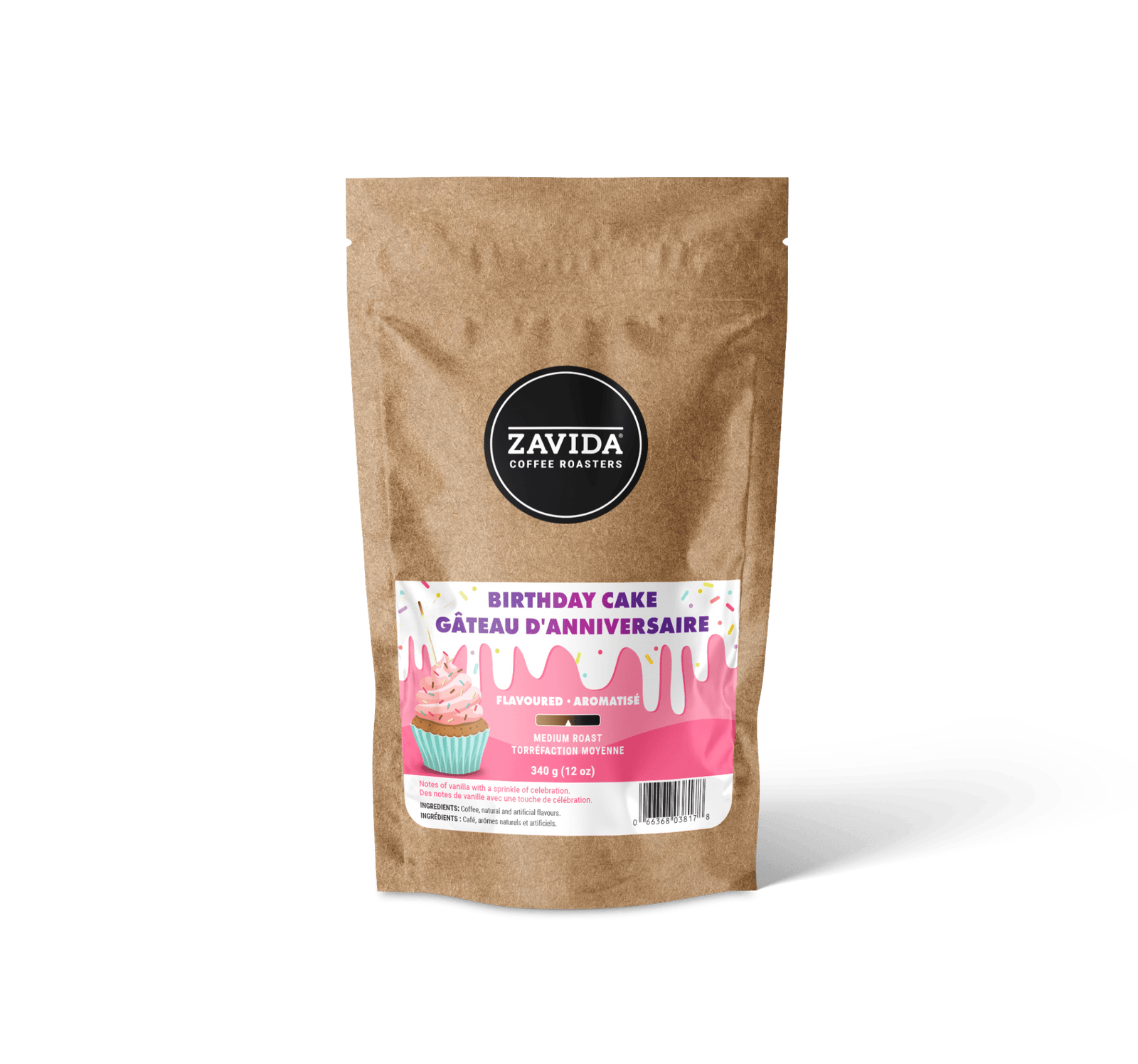
It’s the middle of the week and you’ve already had a couple of cups of coffee. With yet another cup on the go, you’re starting to feel a little off. You might have the coffee jitters!
We’ve all been there!
Your heart is racing, your head is buzzing, and it’s like a wave of anxiety has just washed over you. You don’t know what’s going on, how long it’ll last, or what to do about it.
Fear not, fellow caffeine lovers! We have created a helpful guide on how to spot coffee jitters and the top ways to get rid of them to get you feeling back to normal in no time.
5 SIGNS YOU HAVE COFFEE JITTERS:
After sipping on a caffeinated beverage, you may soon start to experience a range of side effects. These side effects are commonly known as coffee jitters. We have listed the five most common symptoms below. If you experience these symptoms regularly, you may have to take preventative measures against them. Read our bonus section at the end to learn how to prevent coffee jitters.

1. ANXIETY
Too much coffee can make you feel anxious and restless. This is because a sudden intake of caffeine can increase your stress hormones and put your body into a “fight or flight” mode. This can lead to a sudden rush of anxiety and even trigger a panic attack. So, if you ever notice yourself feeling a bit anxious, think about whether you’ve had a coffee recently.
2. SHAKINESS
There is a reason why the term “coffee jitters” exists. If you consume a large amount of caffeine quickly, you might experience a jittery restlessness that can resemble slight shaking of the hands or a subtle tremor. If you’re experiencing tremors but haven’t had a coffee, it may be a good idea to visit your doctor as it could be a sign of a more serious health condition.
3. DIZZINESS
When you become over-caffeinated, a potential symptom is becoming lightheaded. A sudden influx of caffeine can go straight to your head and make you feel dizzy. Caffeine can even cause headaches, so it may be wise not to overdo it with your morning coffee.
4. RACING HEARTBEAT
Another side effect of caffeine is that it could increase your heart rate. Caffeine is known to influence the central nervous system and heart. A substantial dose of caffeine can increase your adrenaline levels and consequently could make your heart beat at a faster rate.
5. SHORTNESS OF BREATH
Too much coffee has also potentially been linked to shortness of breath. As mentioned above, a surge in caffeine could lead to a racing heart. This, in turn, can cause quick shallow breathing.
5 WAYS TO GET RID OF COFFEE JITTERS:
If you’ve had a little too much coffee and are experiencing some of these symptoms, there are a few things you can do to make your coffee jitters pass quicker. Check out our top five ways to combat coffee jitters!
1. DON’T CONSUME ANY MORE CAFFEINE OR ADD ALCOHOL TO THE MIX
If you’re feeling the effects of your coffee, don’t have any more! Caffeine also hides in other drinks and food such as black and green tea, chocolate, energy drinks, and cola. It’s best to stop caffeine consumption in its tracks.
Though caffeine is a stimulant and alcohol is a depressant, they do not cancel each other out. In fact, the best thing to drink leads us to point number two, water!
2. DRINK LOTS OF WATER
Caffeine is a diuretic so tends to make you feel dehydrated. One easy way to combat coffee jitters is to drink lots of water. If you’re starting to feel jittery after one too many coffees, fill up a glass with refreshing water and sip away. It is important to stay hydrated throughout the day and water can quickly help to reduce the unpleasant effects of caffeine.
3. TAKE A WALK OR EXERCISE
Going outside and getting some fresh air can make the world of difference when you’ve had a bit too much caffeine. Both your mind and body will soon feel a lot calmer.
Exercising is also a great way to get the caffeine jitters out of your system. Taking a brisk walk, playing a sport, or jogging around the block can all help to metabolize the caffeine in your body quicker and release all your cooped-up energy.
4. EAT A SUBSTANTIAL MEAL
After consuming caffeine, eating a healthy, hearty meal should help your digestive system to absorb and metabolize it faster. Eating something substantial that includes vitamin C after your morning coffee, like oatmeal and orange slices, can go a long way to help reduce your coffee jitters.

5. DEEP BREATHING
Deep breathing is another good way to counteract the potential negative side effects of caffeine. Taking long, deep inhales through your nose and slowly releasing air out of your mouth can help relieve jitters and feelings of anxiety caused by too much caffeine.
Deep breathing is a healthy practice that can instantly make you feel calmer. If you’re feeling particularly on edge, couple it with a relaxing meditation session for extra impact!
These are five suggested ways to get rid of the coffee jitters. If you’ve tried them all and are still experiencing the negative side effects of caffeine, others recommend taking vitamin C, magnesium supplements, and l-theanine. Also, getting a good night’s sleep is widely encouraged and simply waiting it out may be the best option for you. Everyone is different so the most efficient way for you to combat your coffee jitters may not be the same way as someone else. It’s all about trial and error!
DURATION OF COFFEE JITTERS
It’s hard to give an exact timeframe for how long your coffee jitters will last. However, if you implement the techniques above, your caffeine side effects should hopefully pass within a few hours. If you’re experiencing any of the mentioned symptoms for prolonged periods, this could signify a different underlying cause. If this applies to you, it’s recommended to seek out the professional opinion of your doctor.

